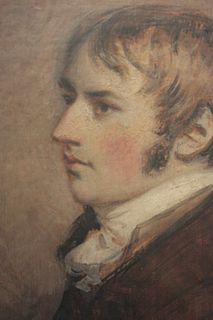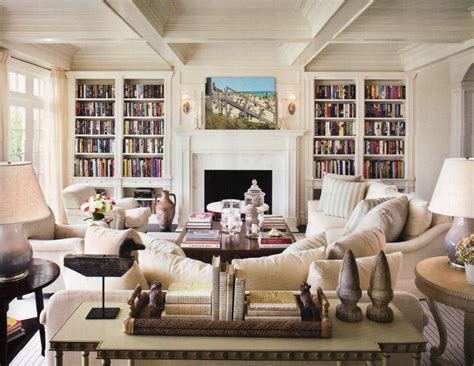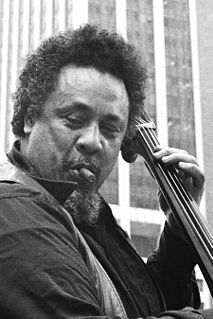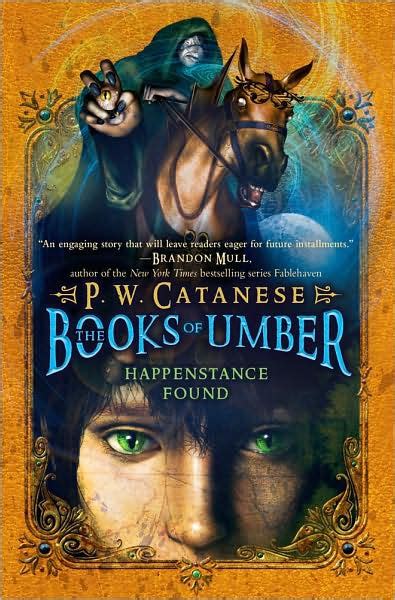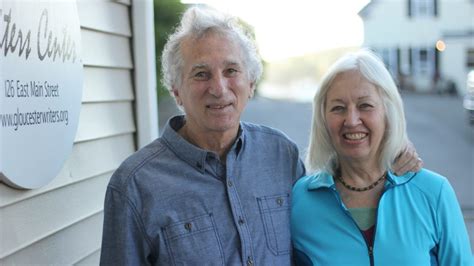A Quote by John Constable
When we speak of the perfection of art, we must recollect what the materials are with which a painter contends with nature. For the light of the sun he has but patent yellow and white lead - for the darkest shade, umber or soot.
Related Quotes
And I don't care what else anyone has ever told you, the Sun is white, not yellow. Human color perception is a complicated business, but if the Sun were yellow, like a yellow lightbulb, then white stuff such as snow would reflect this light and appear yellow-a snow condition confirmed to happen only near fire hydrants.
After painting comes Sculpture, a very noble art, but one that does not in the execution require the same supreme ingenuity as the art of painting, since in two most important and difficult particulars, in foreshortening and in light and shade, for which the painter has to invent a process, sculpture is helped by nature. Moreover, Sculpture does not imitate color which the painter takes pains to attune so that the shadows accompany the lights.
During college, when I was working full time for my father [the decorator Mark Hampton], I rented an apartment and I just couldn't take time off to paint it. So I went there one evening and stayed up all night painting the place what I thought was a lovely pale yellow. When the sun came up, I realized I'd painted the walls the color of insanity. I had to immediately mix in all my trim color to tone it down. Yellow is an electric color and wholly misleading. It becomes more yellow with the sun's yellow light on it. The moral is, even if you think your yellow is the one, go paler.
The Greek word euphuia, a finely tempered nature, gives exactly the notion of perfection as culture brings us to perceive it; a harmonious perfection, a perfection in which the characters of beauty and intelligence are both present, which unites "the two noblest of things" - as Swift most happily calls them in his Battle of the Books, "the two noblest of things, sweetness and light."
